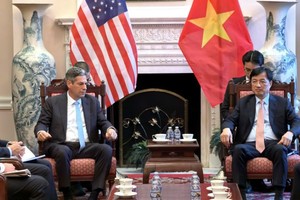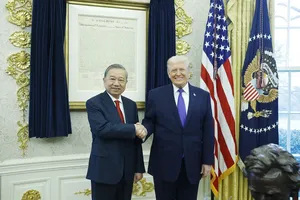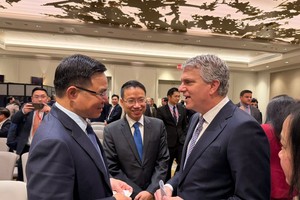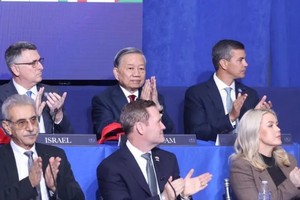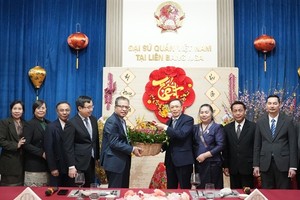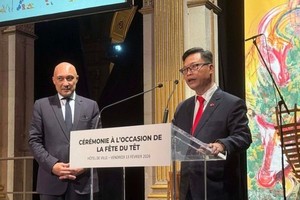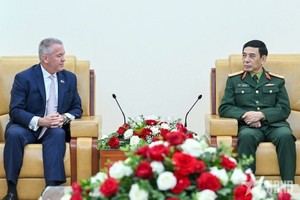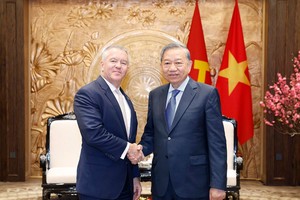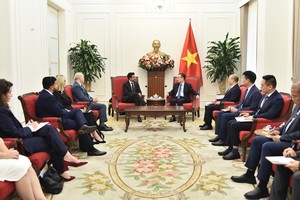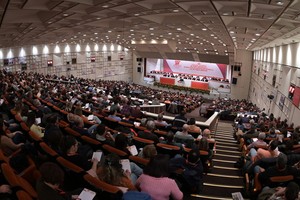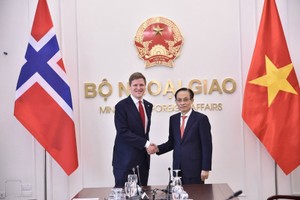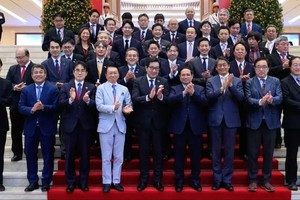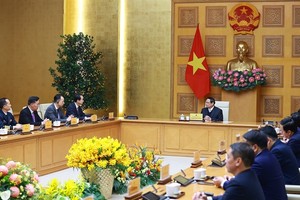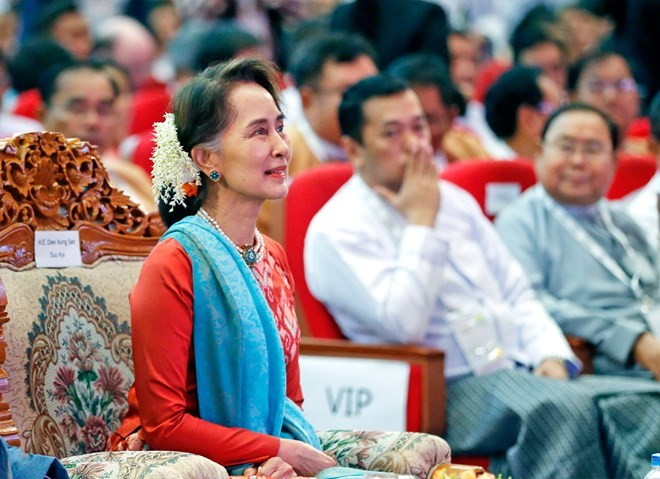
Speaking at a conference on investment in the capital Nay Pyi Taw, Suu Kyi touted Myanmar's economic potential, its attractive location, expanding domestic markets and young population. She also listed some reforms undertaken by the government since it came to power in 2016.
Investors still complain the government has focused on ending the country's myriad armed conflicts, neglecting economic reforms and their needs.
The International Monetary Fund said last year its data indicated that some foreign investors were delaying final approval of projects until there was clarity about how the situation may unfold.
In addition, the EU is considering trade sanctions against Myanmar. The measures could include Myanmar's lucrative textile industry and put thousands of jobs at risk.
The World Bank said last month it expected Myanmar's gross domestic product to fall to 6.2 percent in the 2018-19 fiscal year from 6.8 percent the year before. It saw elevated downside risks from intensifying impacts of the Rakhine crisis, among other factors contributing to slowing growth.
